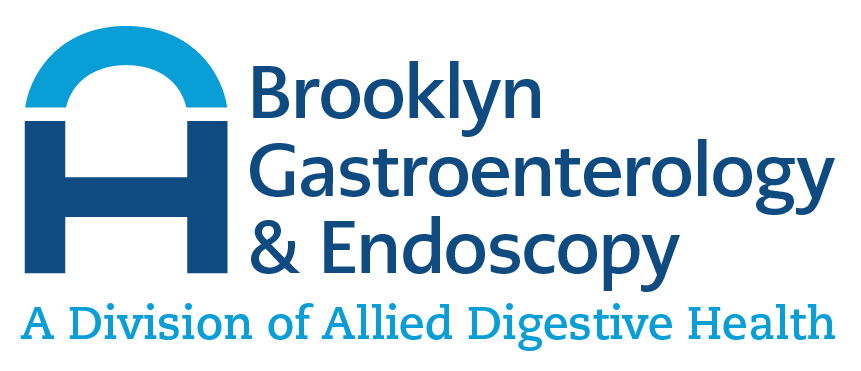What is endoscopic mucosal resection?
Endoscopic mucosal resection (EMR) is a technique where doctors are able to remove early-stage or precancerous growths from the inner lining of the upper and lower gastrointestinal tracts through endoscopy.
Why is Endoscopic Mucosal Resection Done?
Traditionally, early stage or precancerous growth would require surgery where a more sizeable piece of the stomach, esophagus, or intestines would have to be removed along with the growth. With EMR, the patient can have the growth removed through a non-surgical, minimally invasive approach. Types of growths or abnormalities that can be removed using EMR include:
- Dysplasia in Barrett’s Esophagus
- Esophageal cancer
- Stomach (gastric) cancer
- Precancerous polyps (adenomas) in upper and lower gastrointestinal tracts
- Colorectal cancer
How Does One Prepare for Endoscopic Mucosal Resection?
Preparation for an endoscopic mucosal resection, in large part, depends upon where the growth lies and what type of endoscopy (upper endoscopy or colonoscopy) will be performed. If it is in the upper gastrointestinal tract, (esophagus, stomach, or duodenum), then the patient will follow the usual preparatory steps for an upper endoscopy. If the growth is in the colon, (large intestine), then a colonoscopy will be performed and the patient will follow a typical preparation, which includes taking a purge laxative to cleanse out one’s intestines and restricting one’s diet for a few days before the procedure.
Generally, no eating or drinking is allowed for at least 4 to 8 hours before the procedure. Smoking and chewing gum are also prohibited during this time. Patients should tell their doctor about all health conditions they have—especially heart and lung problems, diabetes, and allergies— and all medications they are taking. Medications and vitamins that may be restricted before and after upper GI endoscopy include:
- nonsteroidal anti-inflammatory drugs such as aspirin, ibuprofen (Advil), and naproxen (Aleve)
- blood thinners
- blood pressure medications
- diabetes medications
- antidepressants
- dietary supplements
Driving is not permitted for 24 hours after the procedure to allow sedatives time to completely wear off. Before the appointment, patients should make plans for a ride home.
How is Endoscopic Mucosal Resection Performed?
The procedure is performed at a hospital or outpatient center. Patients will first change into a gown and their belongings will be stored in a secure area. An intravenous (IV) needle is placed in a vein in the arm so sedatives can be administered. Sedatives help patients stay relaxed and comfortable. Most patients fall asleep with sedatives during the procedure. While patients are sedated, the doctor and medical staff monitor vital signs. Patients continue to breathe on their own throughout the procedure.
The patient will lie on his/her left side. The endoscope will be inserted either through the mouth or anus, depending on what type of procedure is being performed. The growth on the inner layer of the gastrointestinal wall will be visualized and marked. Saline or a similar substance will be injected into the tissue beneath the growth to separate it from the deeper layers of the wall. The growth will then be carefully taken off using cautery either in one large piece or several smaller pieces using instruments inserted through the endoscope. The pieces removed will then be sent to the laboratory for analysis.
What Happens after Endoscopic Mucosal Resection is Done?
After the procedure, patients are moved to a recovery room where they wait about an hour for the sedative to wear off. During this time, patients may feel abdominal pain, bloating or nausea. Patients will likely feel tired and should plan to rest for the remainder of the day. Unless otherwise directed, patients may immediately resume their normal diet and medications.
Some results from the procedure are available immediately after the procedure. The doctor will often share results with the patient after the sedative has worn off. Biopsy results are usually ready in one to two weeks.
What are the Risks Associated with Endoscopic Mucosal Resection?
Bleeding can occur from the endoscopic mucosal but such bleeding often stops on its own or can be controlled through the procedure. Perforation (a hole or a deep tear in the lining of the colon or rectum) is another complication and may require surgery to repair. Injury to other organs such as the spleen can occur, but is very rare. Other risks involve complications related to the anesthetics and sedatives, (breathing difficulties, aspiration) or complications related to heart and lung disease.

